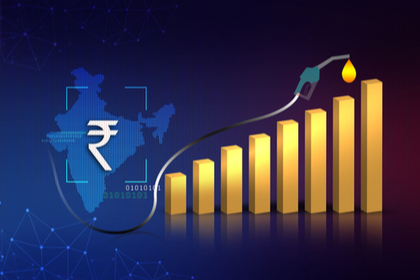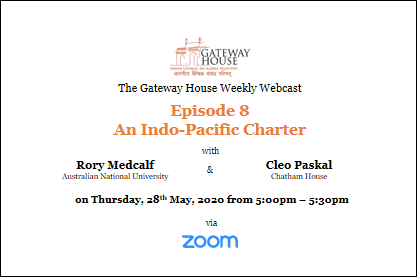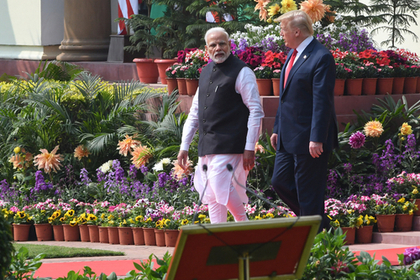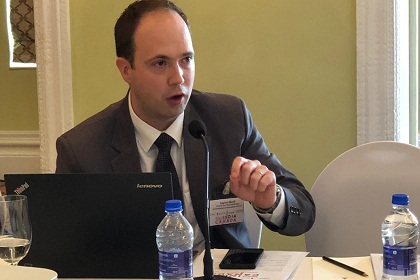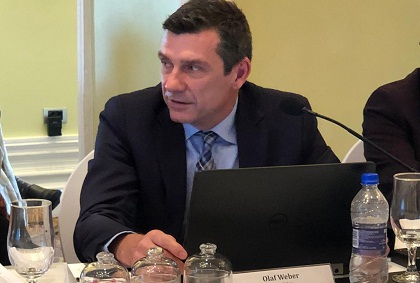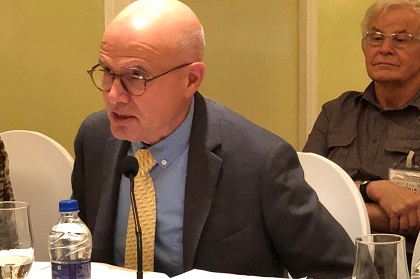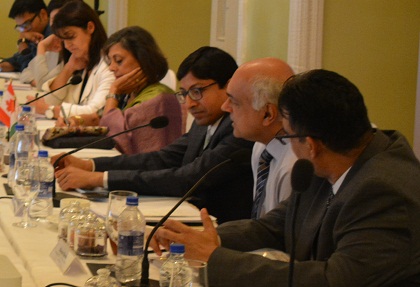Oil Prices: India’s Missed Opportunities
Fuel prices are at an all-time high in India this month, even after the country benefitted from 5 years of low crude oil prices. Amit Bhandari, Fellow, Energy and Environment Studies Programme, explains why fuel prices are high and how the Government of India could have prevented this ongoing crisis.

